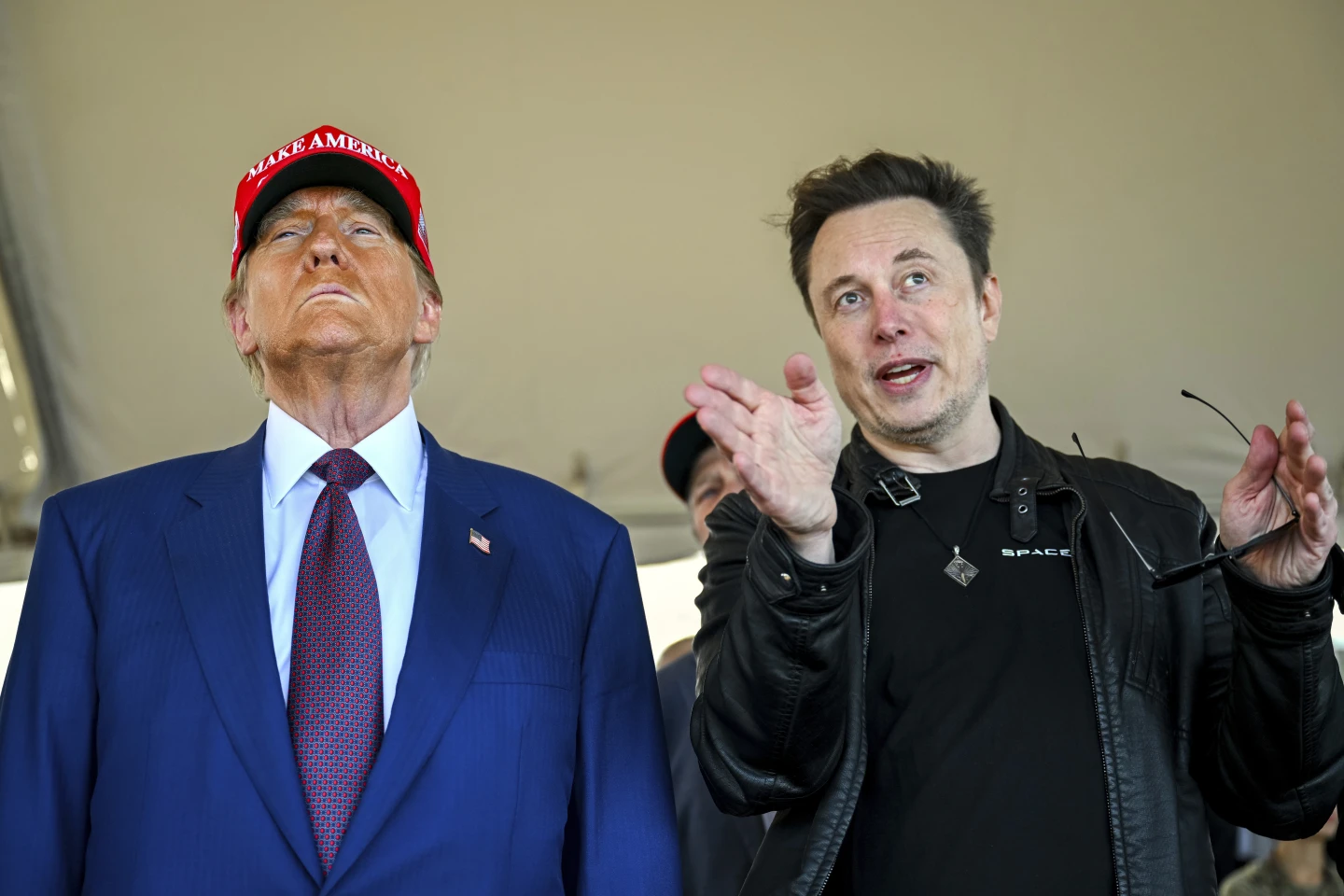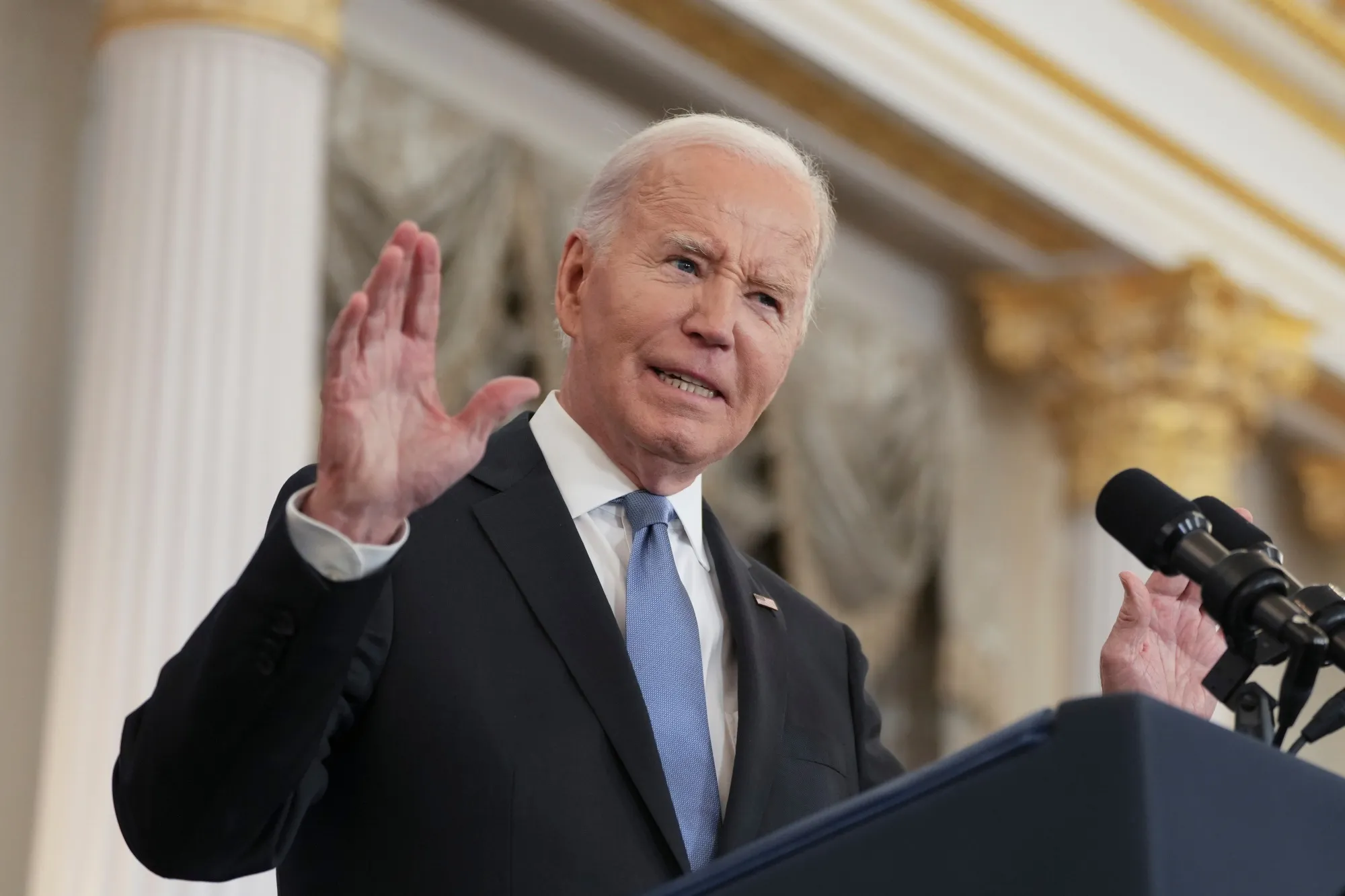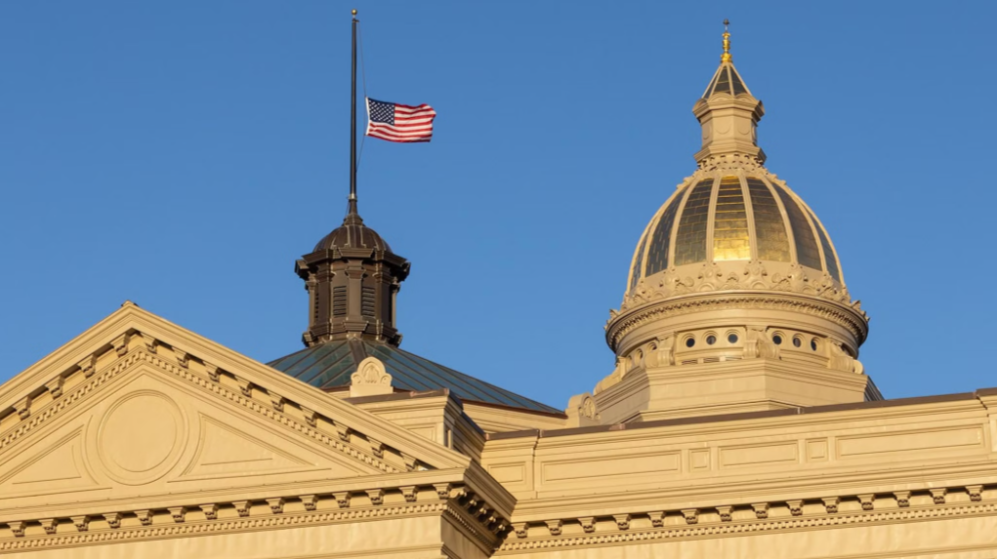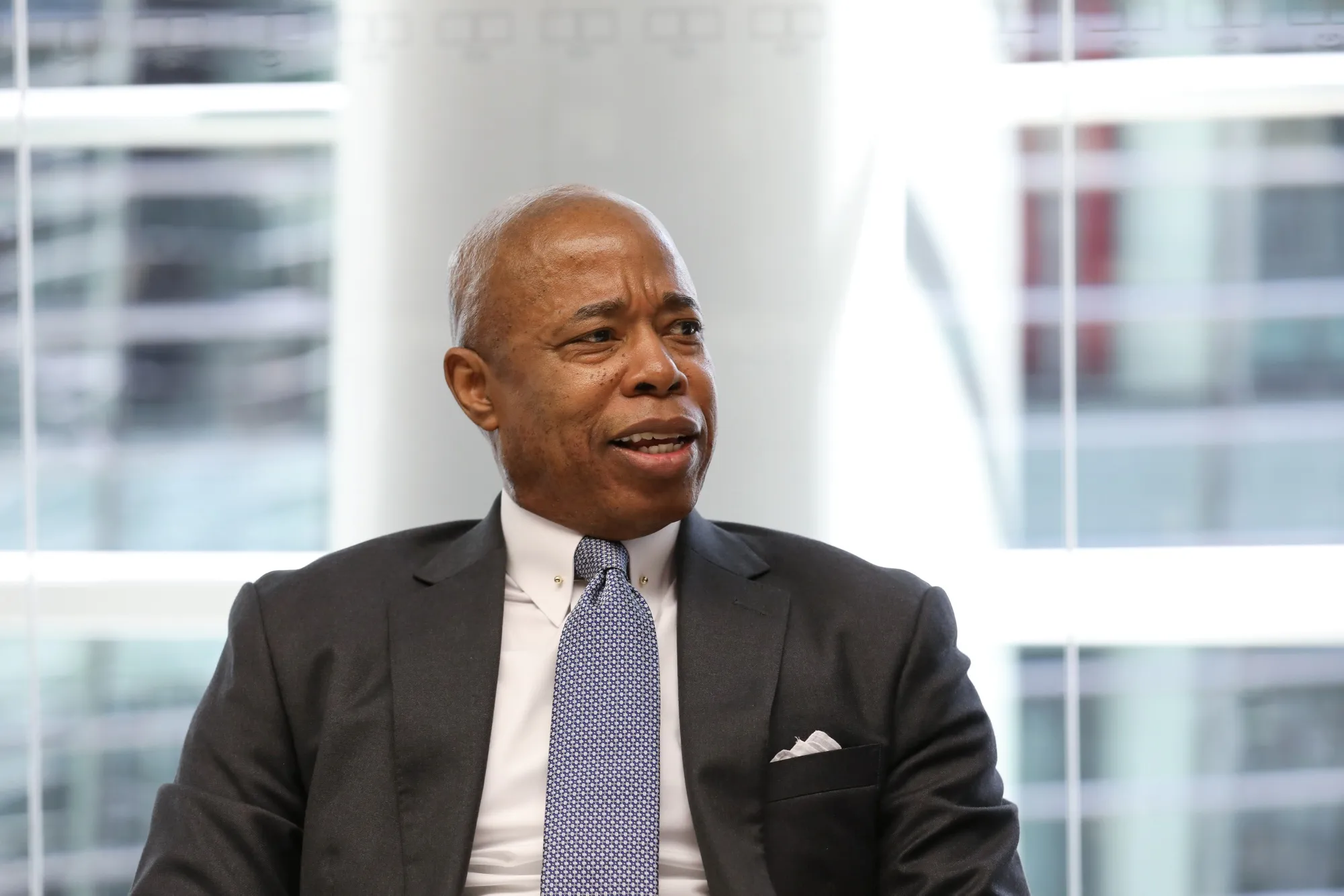Brazil’s Economy Booms in Second Quarter, Fueled by Consumer Spending, Raising Rate Hike Fears
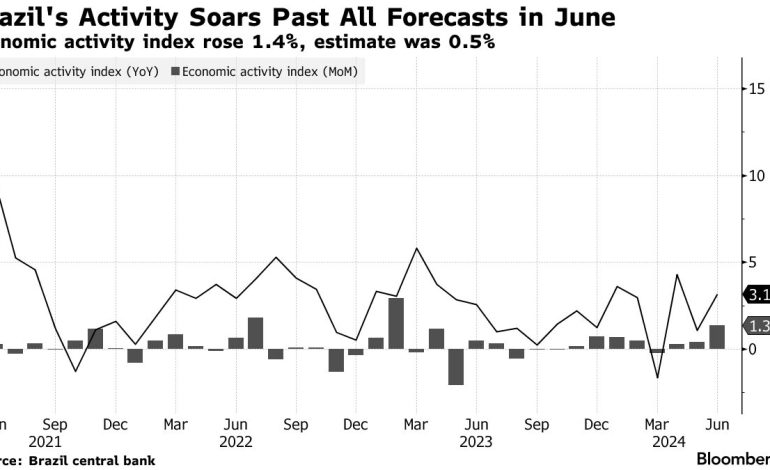
Brazil’s economy surprised analysts with a strong 1.4% growth in the second quarter, fueled by robust consumer spending. This significant expansion, exceeding all forecasts, has raised the prospect of interest rate hikes in the near future, Bloomberg reports.
The positive performance comes as a welcome boost for President Luiz Inacio Lula da Silva, showcasing the effectiveness of his administration’s efforts to improve living standards for lower-income Brazilians. However, the rapid growth has also ignited concerns about overheating and fueled speculation about a tightening monetary policy.
The surge in household spending, driven by government transfers and measures like the January minimum-wage hike, has been a key driver of Brazil’s economic growth in the first half of the year. This robust consumer demand is reflected in the 1.3% quarter-on-quarter increase in family consumption, a crucial engine of the Brazilian economy. Other key sectors, such as industrial output and services, also contributed significantly, growing by 1.8% and 1% respectively.
Despite the positive economic indicators, the central bank remains cautious. Policymakers halted their easing cycle in June with the key rate at 10.5%, citing concerns about rising inflation. The latest GDP data has further fueled these concerns, leading traders to anticipate at least a quarter percentage-point increase in borrowing costs at the central bank’s upcoming meeting later this month. Swap rates, an indicator of market sentiment toward monetary policy, have already risen in response to the strong growth report.
The government’s commitment to social programs, aimed at improving living standards for poorer Brazilians, has resulted in a significant increase in government outlays. This, coupled with the robust consumer spending, has led to a widening nominal budget deficit, reaching 10% of GDP in the past 12 months.
This has fueled concerns about fiscal discipline, causing a sell-off in Brazilian assets and weakening the real, which is among the worst performing emerging market currencies this year.


